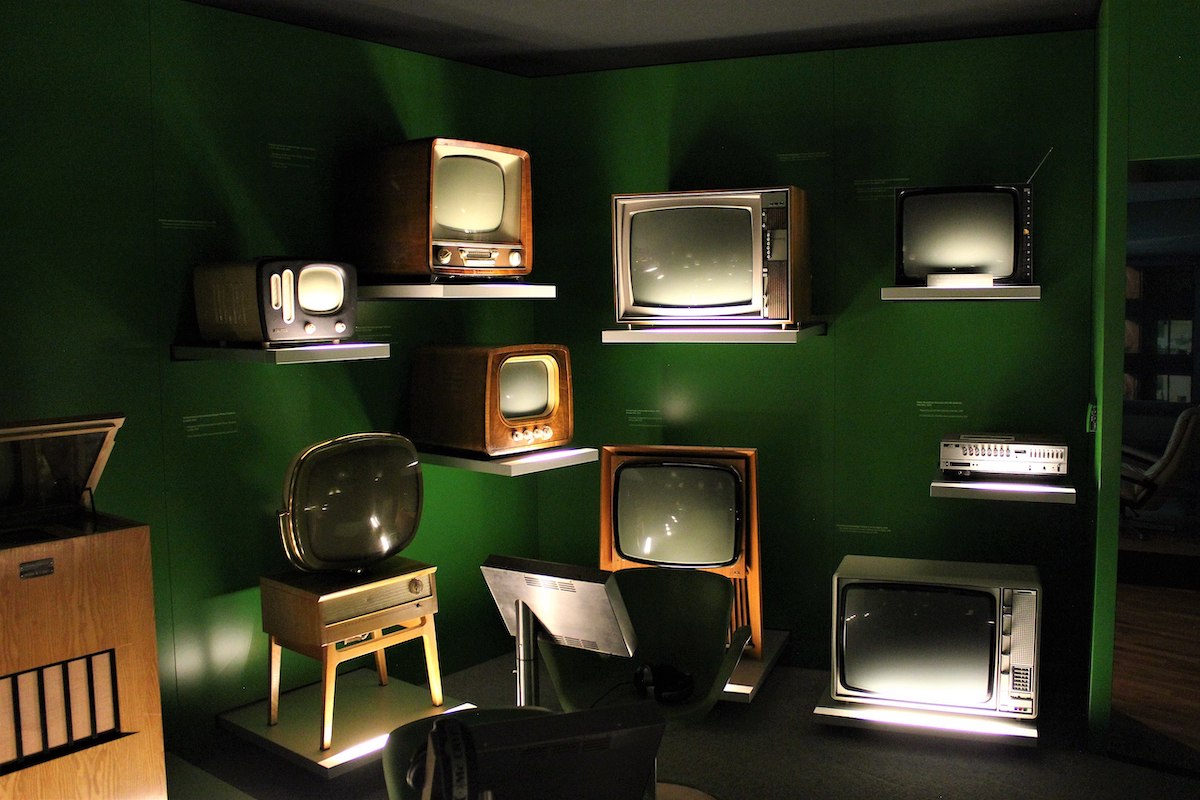Wellbeing means that you’re healthy and have a sense of contentment regarding the quality of your life and would consider yourself happy. Positive emotions are associated with a longer lifespan, improved immune system function, and a more resilient personality. This is not to say your life is perfect, but the challenges feel manageable.
Wellbeing is actionable: you can learn and teach others in your family how to increase wellbeing.
For these reasons, wellbeing is also mentioned in many TV shows, articles, and journals, not because it’s a fad, but because it is extremely important. The conflagration of social injustice, a pandemic, and a lockdown has exacerbated preexisting mental health issues for many. And in the last two years, some people have experienced anxiety and/or depression for the first time.
It’s important to understand what you can do to self-soothe in healthy ways and to be mindful of the impact of negative news and imagery. If you compare information (via conversations, TV shows, films, the news) to food, you can be attentive to what makes you feel sick and what you can safely consume in moderation.
Meaningful Relationships
According to Dr. Vivek Murthy, the U.S. Surgeon General, loneliness is a public health crisis because social isolation increases depression and has an adverse effect on a person’s physical health as well. According to a report from the National Academies of Sciences, Engineering, and Medicine, the most vulnerable populations are immigrants, older adults, and LGBTQ individuals. The quality of our interactions is very important. Conversations in which the focus is on negative events, negative expectations, and a lack of hope can be draining.
Meaningful relationships are important because social isolation can occur in a crowd. What really matters is whether you have individuals in your life who are accepting of who you are and supportive of what you what to do with your life.
Netflix and Emotions
There is ample empirical evidence that human beings display a negativity bias. Don’t you love science? It’s not just you.
Human beings are drawn to negative information. We may be voyeurs and watch negative programs to learn from others’ poor life choices. It may be a form of consolation to compare one’s problems to those who have suffered greater losses. The experience of fear, sadness, and grief we feel from watching fictional characters or true stories may be akin to a singer practicing scales.
Binge-watching programs with negative storylines and images might be our need to practice emotional scales—a kind of adaptation-to-life-events exercise. In other words, we learn from negative information and practicing a multitude of emotions may be beneficial. The question is how you can use this negativity bias to learn and what dosage of negative programming is healthy for you.
Lean in and see how negative TV shows affect your emotions. Self-awareness begins with measurements and tracking. Follow your normal routine, write down the negative shows you watch, the length of time, and how you feel. If you watch too many hours of negative content, you will experience shifts in mood, energy, and a change in your sleep pattern. In addition, your perspective may skew negative and you may want to spend more time alone. Negative emotions narrow our focus and positive emotions make our thinking more expansive. We are more outgoing and social when we increase positive emotions. According to Dr. Murthy, positive interactions with others and diminishing isolation are correlated with improved health outcomes.
We can learn from negative programs and learn the exact dosage (time) that is beneficial. An hour of a documentary about the connection between childhood abuse and its impact on a person’s life trajectory, for example, might provide valuable information for teachers, counselors, and parents. Several hours of this documentary might be emotionally draining.
The information we consume may have a significant impact on our mood, motivation, and ability to feel hope for the future. Experiment by bookending negative shows with light comedy and observe if there are shifts in your mood, sleep, and optimism.
And in the meantime, don’t forget these wellbeing strategies:
- Diminish loneliness and isolation: reach out to people who accept you as you are.
- Self-awareness: track and measure your consumption of negativity and its impact.
- Small changes: watch feel-good programs to balance out the negativity bias.
***
Odilia Rivera-Santos, MAPP is a Puerto Rican writer born on the island and raised in NYC. Rivera-Santos studied literature at Smith College and psychology at UPenn. She lives in PA with her ant farm. Twitter: @bezotes.



